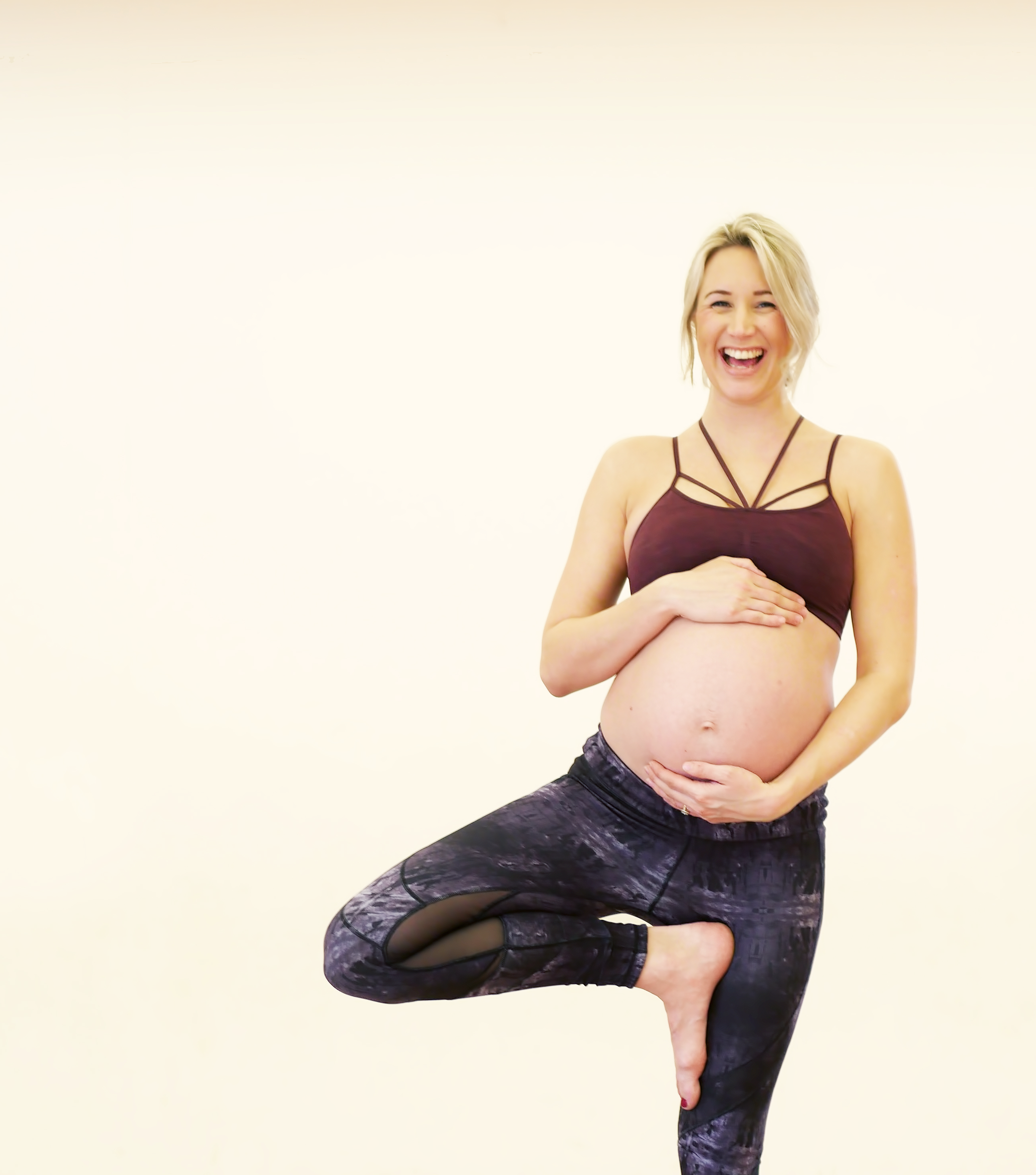What is the ‘transition’ period during labour, and how can I prepare for it?
- Lucy Flow

- Oct 6, 2019
- 2 min read
Updated: Aug 18, 2021
You may or may not have heard of the ‘transition’ period during labour, but if you haven’t heard of it, I am sure you’re now intrigued and want to know more! So, let me start from the beginning…
There are two stages of labour, and they’re very simply labelled the first stage, and the second stage! The first stage of labour is often known as ‘the waiting game’. The lengthy bit. When a woman tells you that they were in labour for 16 hours, it’s likely they spent about 14 of those hours in the first stage. During the first stage, your body is working really, really hard at preparing for the second stage. During the first stage, the bands of muscles (collectively called your Uterus) are contracting to build enough energy and strength to then help your baby move downward and out into the world. You’ve guessed it. This is the second stage.
The second stage, otherwise know as the ‘pushing’ stage, is the last part, and it leads to the most incredible moment, when you meet your baby for the first time. The second stage can take up to a couple of hours, but it can also take just a few minutes! It’s different for everyone.
So where does the transition come in? The transition period is when your body transitions from the first stage, into the second stage. It’s a short amount of time, but it plays a big part. It’s important to learn about the transition so that when it happens, you’re aware of what’s going on, and why you feel this way. Transition can be a very powerful, intense, emotional time, because it’s the moment that a woman often begins to feel that she cannot go on any longer. Why? Transition is when our bodies release adrenaline, ready to birth our babies. I talk a lot about adrenaline and the need to prevent it being released too early on in labour. Well, transition is the time that we want and need adrenaline, because it’s that surge of energy that will help us to birth. When we watch TV programmes about birth, we will almost always see the woman during her transition period, because it’s far more dramatic for viewers to watch, and also it’s the bit that happens right before the arrival of the baby, so it’s almost always on camera!

During transition, the woman can be heard saying things like ‘I can’t do it any more’, ‘I don’t want to do this’, ‘I need an epidural’, and it can also manifest in feeling sick, vomiting or crying and feeling emotional. What’s really important is that you know that this is normal. Everyone has to go through transition to get to the second stage, and it can show itself in lots of different ways.
Labour is hard work. Very hard work. And depending on the amount of time a woman has laboured for, she will most likely feel exhausted. Transition is there to give you that last boost, ready for the second stage. Remember, our bodies have been designed not just structurally, but hormonally, to birth in this way. Try to rest assured that when this moment hits you, and you feel you can’t do it any more, that actually you can. And you will.




Comments